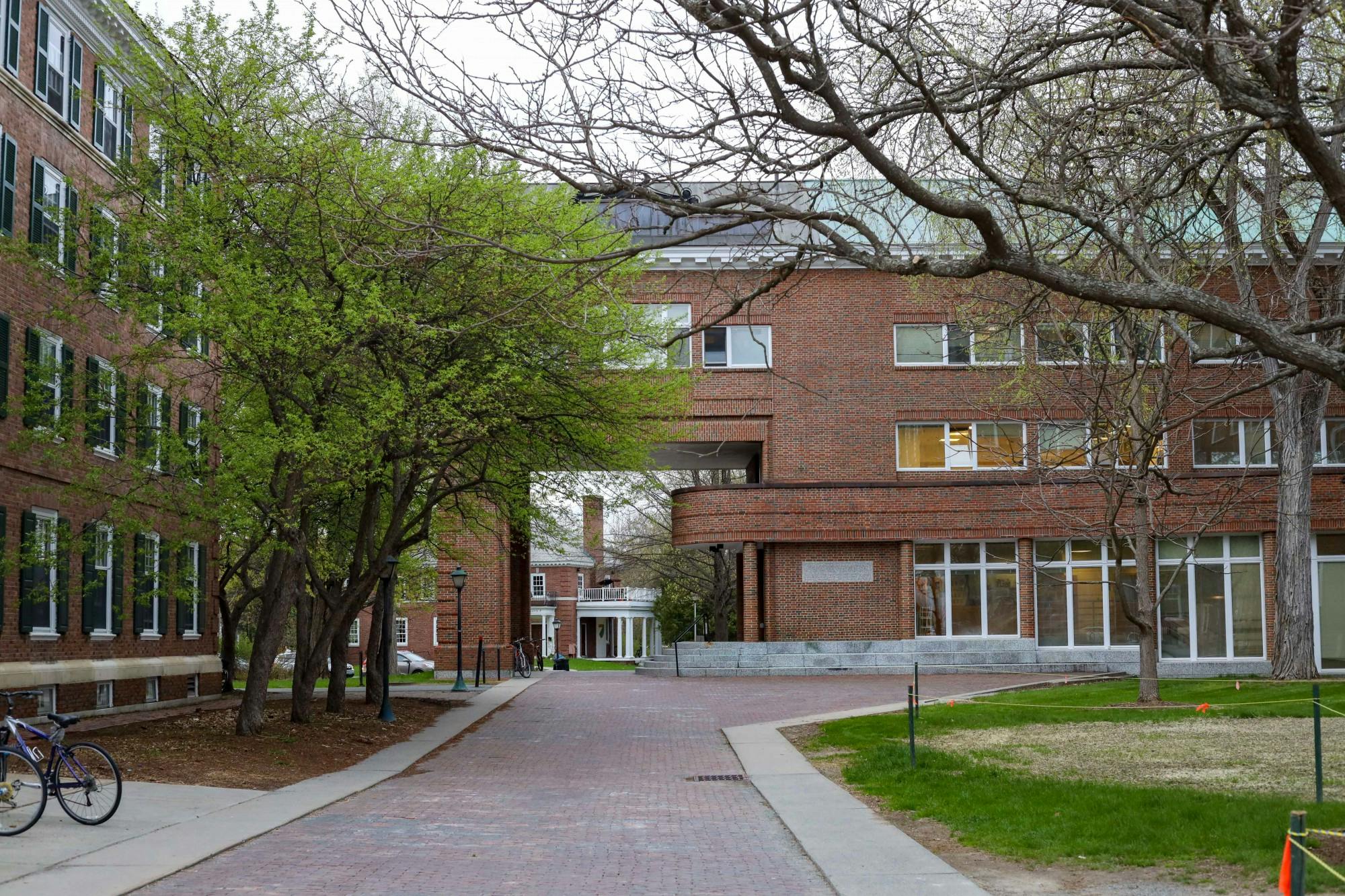As members of the Class of 2025 navigate the job hunting process, some may worry about a bad job market with high unemployment and slow hiring. While some have locked down return offers on summer internships, others are just beginning the search.
According to Reuters, the United States unemployment rate hit a post-pandemic high of 4.3% in July, along with a significant slowdown in hiring. The spike in unemployment triggered the Sahm Rule, which states that an uptick of more than 0.5% in the average unemployment rate over three months can be an early indicator of a recession.
The Dartmouth interviewed six economics professors to better understand the realities of the current job market — and ask whether current seniors have cause to panic. According to senior economics lecturer Elisabeth Curtis, the current situation could be an “exception” to the rule.
“I can, with a fair amount of confidence, say that we’re not … in a recession right now,” Curtis said.
Curtis explained that unemployment rates are rising from “historically low” numbers during the pandemic, which provides necessary context for which the Sahm Rule does not account.
“A little uptick in unemployment right now is not unexpected and could in part be explained by some softness in hiring in certain sectors,” she said. “At the same time, it could be supported by the more positive side, which is that more people are entering the labor force.”
Curtis added that certain sectors of the job market have been changing their hiring practices — which could partially explain the unemployment rates. The technology industry, for example, has slowed its hirings after extensive recruitment from 2020-2023, she said.
“We had the big tech boom [during COVID-19], and everybody decided to get certain skills in tech,” Curtis said. “Now, so much of the hiring has been done that the industry isn’t as robust in its hiring.”
Although the impact of the COVID-19 pandemic is becoming more and more marginal, the pandemic has still created “persistent shocks to the labor market,” economics professor John Welborn wrote in an email statement to The Dartmouth. For example, many experienced workers have chosen to exit the workforce “in lieu of furlough,” while many baby boomers have used the pandemic as an opportunity to retire.
Despite these instabilities, the value and prestige of a Dartmouth degree continues to be an advantage in job hunting, even during economic slowdowns, according to economics professor Paul Novosad.
“I think most [Dartmouth] students vastly underestimate the opportunities available to them and just how highly they will be valued on the job market,” Novosad wrote in an email statement to The Dartmouth.
Economics professor Bruce Sacerdote added that Dartmouth graduates “do exceptionally well in every sector,” though they may have to work “a bit harder to find a first job of their choice” in a slower labor market.
Dartmouth’s alumni network is also a “valuable” resource for job-hunting students, Welborn wrote.
“Dartmouth students are talented thinkers, writers and networkers,” Welborn wrote. “I believe that successful students view themselves as bundles of human capital ready to be deployed.”
In an effort to fulfill its dual mandate of maximizing employment and stabilizing prices, the Federal Reserve announced an interest rate cut on Sept. 18. Welborn that he is hopeful about the cut’s effects, as lower interest rates have “historically” been helpful for “maximizing employment.”
“Lower rates are designed to reduce the cost of borrowing and thus encourage new business activity and employment,” Welborn wrote.
Interest rates have been “very high” in the past few years, according to economics professor Diego Comin. As inflation approaches normalcy, “there is absolutely no reason to keep interest rates at that level,” Comin said.
Economics professor Patricia Anderson compared the Federal Reserve’s control over interest rates to “trying to land a plane.” She explained that attempts to manage inflation have historically caused the market to crash.
“I may be relentlessly optimistic, but I feel like they’re doing it,” Anderson said. “[Unemployment rates] are going up, but it’s just [4.1]%. There are all the years people could only dream of that.”
While the statistics may be troubling, economics professors are ultimately optimistic for the Class of 2025’s job prospects.




